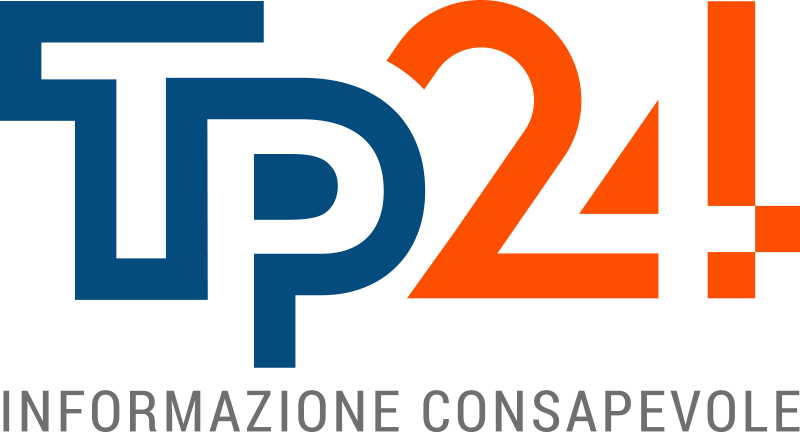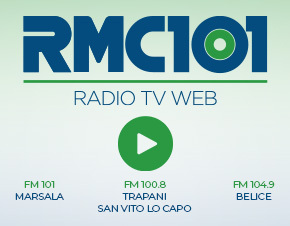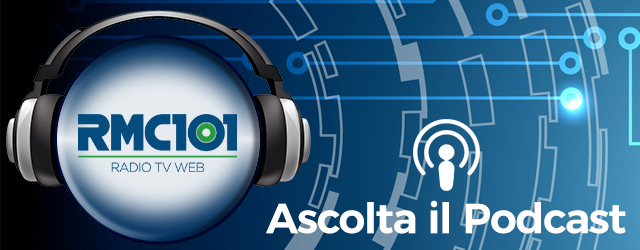In Sicily, land is everything: work, tradition, resource. However, in the countryside of Mazara del Vallo and Marsala, the land serves as a theater for silent and pervasive control. Here, a few remnants of Cosa Nostra dictate who may graze their animals and who may not, imposing their law through violence and intimidation. Here, between Marsala and Mazara, the old interests of the mafia continue to live on through the heirs of ancient land bosses, brokers, and those who control judicial auctions.
The latest investigation by the DDA of Palermo, which resulted in 18 precautionary measures, sheds light on those areas between Marsala and Mazara where Cosa Nostra lays its hands.
Why is Control Over Grazing Lands Vital for Cosa Nostra? Controlling grazing lands means controlling the local economy. In a region where livestock farming and agriculture are critical activities, Cosa Nostra transforms pastures into a resource to be divided among affiliates and accomplices. The mafia assigns lands at will, ignoring laws and property rights, and uses violence against those who dare to resist. This control is not only economic but also symbolic: the mafia replaces the state, imposing itself as the sole arbiter of order and justice. Clear examples include the Barracco family, forced to abandon their lands, and the Tumbarellos, compelled to give up part of a plot purchased at an auction. Both cases show how Cosa Nostra in the province of Trapani exploits pastures to strengthen its power over the territory.
The Control System: From the Gondolas to the Centonze Family The control of grazing areas is a well-established system, and in the Mazara mandamento, it was in the hands of the late boss Vito Gondola, who managed its allocation. Following Gondola's death, the control passed to his son-in-law, Pietro Burzotta, who inherited the role of supervisor of the lands, deciding whom to entrust them to and punishing those who opposed.
Burzotta is part of a family deeply rooted in Cosa Nostra. He is the brother of Diego Santino Burzotta, a notorious mafia hitman sentenced to life imprisonment for multiple murders, and Luca Burzotta, definitively convicted of mafia association. However, Pietro Burzotta, previously involved in a trial for mafia association, was acquitted due to contradictory testimony from collaborating witnesses. Despite this, recent investigations describe him as an active and influential figure in the Mazara mandamento.
Alongside Burzotta, Paolo Apollo, Gondola's brother-in-law, and Ignazio Di Vita, both involved in intimidating breeders and directly managing the areas, operate. Aurelio Anzelmo, Gondola's nephew by marriage, would have also contributed to the division of pastures, while Domenico Centonze and his father Pietro Centonze were tasked with resolving disputes, sometimes through violent methods. Wiretaps collected in the Palermo GIP's order reveal meetings between the mafiosi, where pasture assignments and methods for intimidating breeders are established. Only those approved by Cosa Nostra can graze, while those who dare to challenge are threatened and forcibly removed.
Methods for Resolving Disputes Cosa Nostra resolves disputes over pastures, acting as a parallel court. Affiliates often resort to punitive expeditions to impose mafia will. For instance, Domenico Centonze suggests violent actions against those who do not comply with orders. In some cases, internal mediation occurs, as demonstrated by Ignazio Di Vita's intervention in the dispute between the Centonze family and other breeders. However, when conflicts involve multiple families, agreements are sought to maintain balance within the organization.
The Barracco Case The Barracco family's ordeal, known as "the mice," is one of the most emblematic cases of mafia control over grazing areas. Heirs of a former mafia associate, Giuseppe Barracco, the family settled in the pastures of Mazara del Vallo. However, with the rise of new mafia leaders, the Gondola family decided to oust them and entrust the lands to the Centonze family from Marsala. Domenico Centonze, with the support of Pietro Burzotta and Paolo Apollo, led the operations to expel the Barraccos from the lands. The Centonze family resorted to threats and physical violence to force the Barraccos to leave the pastures. Feeling endangered, the Barraccos turned to Pietro Rallo, the nephew of the mafia boss of Marsala, for protection. This dispute reveals the complexity of internal dynamics within Cosa Nostra. While the Gondolas and the Centonze consolidate their power, Emilio Alario's intervention on behalf of the Barraccos generates further conflicts, highlighting tensions between mafia families over land control.
The Tumbarello Case The Tumbarello family faces the same power logic. Brothers Gaspare and Giovanni Tumbarello win a plot at an auction, but the purchase conflicts with the interests of Nino Bilello, a breeder considered close to Cosa Nostra. After the auction, Domenico Centonze intervenes with threats and physical assaults against Gaspare Tumbarello, forcing him to cede half of the land to Bilello. To settle the conflict, Alessandro Messina, the brother of the incarcerated boss Dario Messina, acts as a mediator, imposing an agreement. Intimidated, the Tumbarellos accept the land division during a mafia meeting.
The Law of the Strongest The Barracco and Tumbarello cases reveal a consolidated system where Cosa Nostra imposes its will through force. Decisions are made by mafia leaders and imposed without the possibility of appeal. The land becomes a currency, a tool to extend the control of the mandamento and strengthen alliances.
The control of pastures in the Mazara del Vallo mandamento is one of the many expressions of the power of Cosa Nostra. Figures like Pietro Burzotta, Paolo Apollo, Domenico Centonze, and Alessandro Messina emerge as protagonists of a system that exploits the land to consolidate mafia dominion. Pastures, which should be a resource and employment for the community, instead become grounds for violence and abuse. The mafia decides who can work and who cannot, imposing its power and replacing the state.

 Sezioni
Sezioni


















